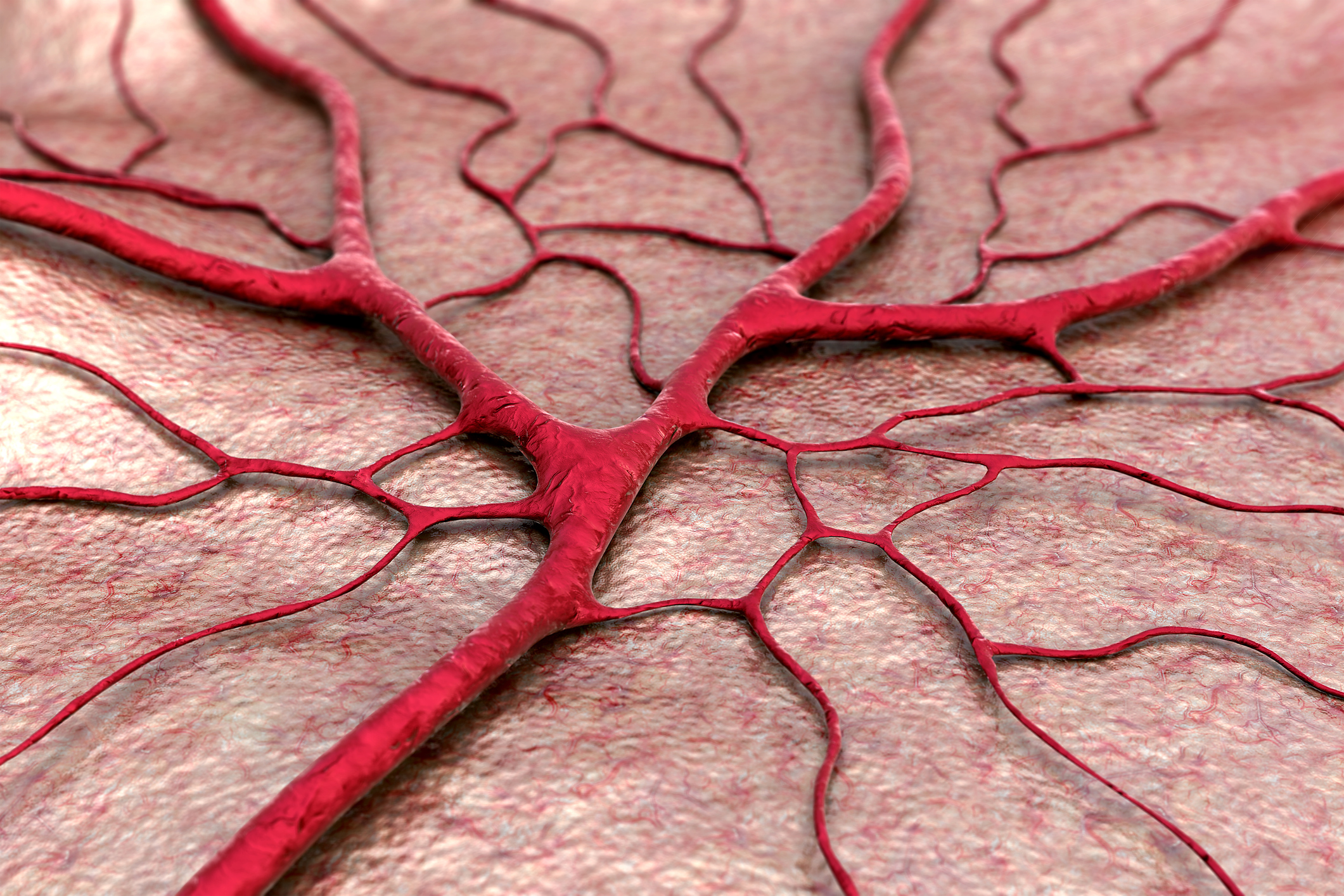Get Easy Health Digest™ in your inbox and don’t miss a thing when you subscribe today. Plus, get the free bonus report, Mother Nature’s Tips, Tricks and Remedies for Cholesterol, Blood Pressure & Blood Sugar as my way of saying welcome to the community!
Vascular dysfunction: A direct path to disease

We’re told that a poor diet can have dire consequences for our health. But what exactly is a poor diet?
There are some small differences in what nutrition experts consider to be bad for you. For instance, some advise that red meat can be relatively safe if it’s lean and grass-fed — and consumed in moderation.
But experts largely agree that these categories are best avoided: refined grains and sugars (especially sodas), foods high in saturated fat (like deep-fried foods), high sodium foods and processed meats like sausage and deli meats.
What happens when we eat a diet high in these foods?
Nothing good.
Poor diet can lead to weight gain and obesity, heart disease and stroke, type 2 diabetes and cellular damage. Also, eating too many fatty, sugary and processed foods can damage our kidneys and liver and contribute to chronic pain and memory problems — not to mention what it can do to our blood vessels…
And that one thing may be the surest single factor of how a poor diet drives down overall health.
Vascular dysfunction drives all major disease
Obesity has become one of the leading causes of death worldwide, with roughly 650 million adults now classified as obese. In an effort to better understand why, a team of scientists in Germany decided to investigate how this obesity is impacting the molecular structure of the blood vessels.
What they discovered was fascinating.
Metabolic disease — the underlying root of obesity — affects blood vessels in each of our organs in a different way.
For instance, blood vessels in the liver and fat tissue struggle to process excess lipids, which can influence heart health.
The blood vessels in the kidney develop metabolic dysfunction, something that can exacerbate type 2 diabetes.
Lung vessels become highly inflammatory, which is especially dangerous for someone already suffering from a lung disease like asthma.
In addition, transport across the brain vessels becomes defective — not good if you’re trying to get plenty of oxygen and nutrients to your brain cells to stave off cognitive decline.
“As vascular dysfunction drives all major pathologies, from heart failure to atherosclerosis and neurodegeneration, our research shows how bad eating habits molecularly promote the development of diverse diseases,” says Dr. Olga Bondareva, the first author of the study.
“We want to elucidate molecular mechanisms of obesity in order to be able to offer patients tailor-made therapies in the future,” adds HI-MAG director Professor Matthias Blüher.
The researchers then tried to answer whether a healthy diet could reduce the disease-causing molecular signatures caused by a bad diet. What they found was somewhat encouraging….
Can a good diet turn things around?
Results show that a healthy diet can partly improve the molecular health of some blood vessels. When looking at the blood vessels of the liver, the researchers found they recovered nearly completely with a healthy diet.
However, despite a healthy diet and significant weight loss, the blood vessels in the kidneys retained the disease signature. What this means is some of our blood vessels can develop a sort of “memory” of metabolic disease that’s difficult to reverse.
But don’t give up hope. The benefits of adopting a healthy diet are still enough to outweigh the damage already done by poor eating habits.
Start by ditching those packaged ready-to-eat foods in favor of meals prepared with fish, lean meats and fresh fruits and vegetables. Add in some whole grains and healthy monosaturated fats like olive oil, nuts and avocados and you’ll have a healthy eating plan that goes a long way toward mending the poor-diet damage. If you need a little help, this Food Compass may help.
Editor’s note: Are you feeling unusually tired? You may think this is normal aging, but the problem could be your master hormone. When it’s not working, your risk of age-related diseases skyrockets. To reset what many call “the trigger for all disease” and live better, longer, click here to discover The Insulin Factor: How to Repair Your Body’s Master Controller and Conquer Chronic Disease!
Sources:
Poor Diet Damages Our Blood Vessels — Universität Leipzig
Single-cell profiling of vascular endothelial cells reveals progressive organ-specific vulnerabilities during obesity — Nature Metabolism
Poor Nutrition — Centers for Disease Control and Prevention














